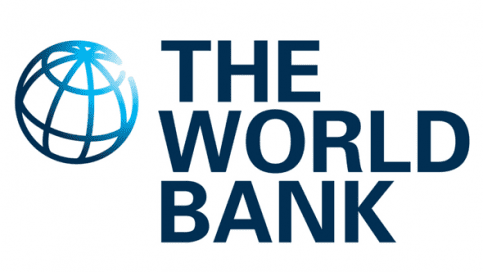The World Bank’s statement that the upward debt trend of some African countries portend systemic risk of debt distress has been faulted by the African Development Bank (AfDB).
AfDB has said that the upward debt trend of some African countries did not portend systemic risk of debt distress as stated by the World Bank. It also said that the general statement by the World Bank Group insinuating that the AfDB contributed to Africa’s debt problem and that it had lower standards of lending was misleading and inaccurate.
In its statement, AfDB noted that in several news reports, the World Bank President, David Malpass, was recently quoted as saying some multilateral development banks, including the AfDB, had a tendency to lend too quickly and in the process, add to the continent’s debt problems.
The AfDB said the African Development Bank’s Africa Legal Support Facility supported countries to negotiate terms of their royalties and taxes to international companies and terms of their non-concessional loans to some bilateral financiers.
According to AfDB, the World Bank, with a more substantial balance sheet, has significantly larger operations in Africa than the African Development Bank. The World Bank’s operations approved for Africa in the 2018 fiscal year amounted to $20.2bn, compared to $10.1bn by the African Development Bank.
AfDB noted that: “With regard to Nigeria and South Africa, the World Bank’s outstanding loans for the 2018 fiscal year to both countries stood $8.3bn and $2.4bn, respectively.
“In contrast, the outstanding amounts for the African Development Bank Group to Nigeria and South Africa were $2.1bn and $2.0bn, respectively, for the same fiscal year.
“With reference to the countries described as “heavily indebted,” our bank recognises and closely monitors the upward debt trend. However, there is no systemic risk of debt distress.”
The bank said according to the 2020 African Economic Outlook, at the end of June 2019, total public debt in Nigeria amounted to $83.9bn, 14.6 per cent higher than the year before.
That debt, it added, represented 20.1 per cent of the gross domestic product, up from 17.5 per cent in 2018. Of the total public debt, domestic public debt amounted to $56.7bn while external public debt was $27.2bn (representing 32.4 per cent of total public debt).

